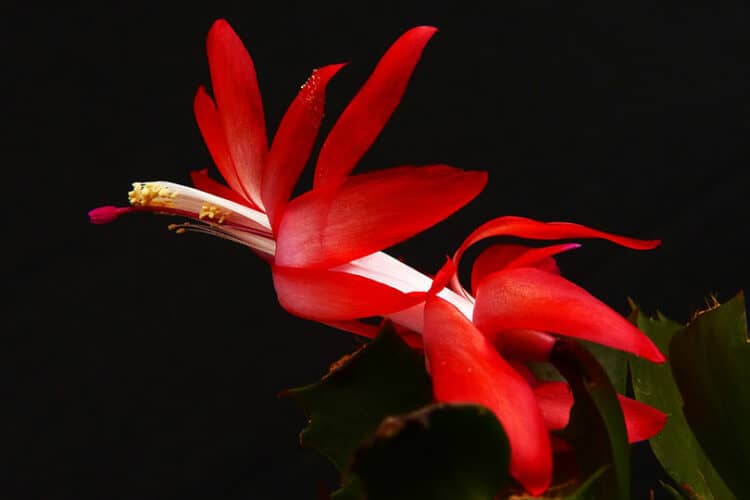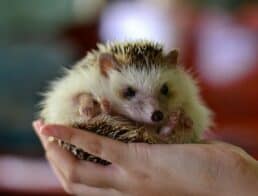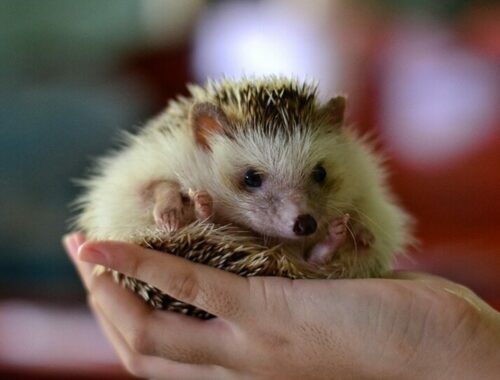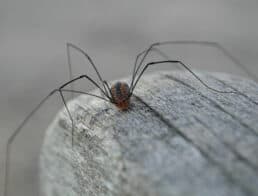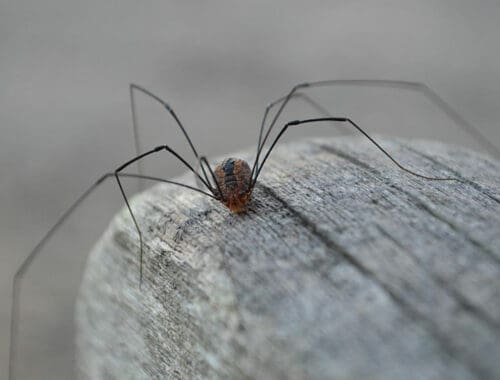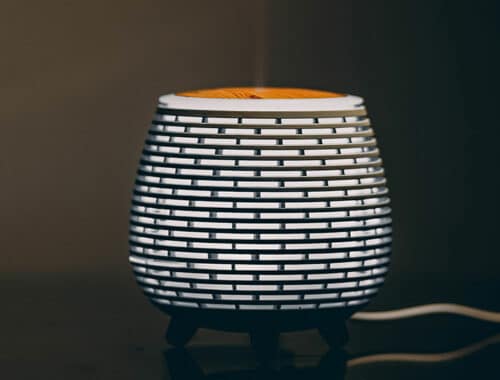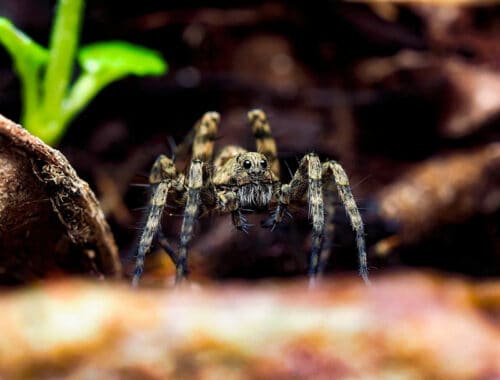Does the name Schlumbergera bridgesii ring a bell? This is the official name of the Christmas cactus, a decorative plant with red flowers that adorns many tables during the holidays. But if the beauty of this plant seems to entice for your dog, you may wonder about the potential risks if they were to eat a piece of it. Rest assured: The American Society for the Prevention of Cruelty to Animals (ASPCA) classifies the Christmas cactus as a non-toxic plant for dogs.
However, it is best to take a few precautions, especially if your dog is still young and tends to devour everything in their path. While the Christmas cactus is not toxic to dogs, the fibrous vegetable matter of this plant can irritate the stomach and the intestine of your pet. This could lead to vomiting and diarrhea. Christmas cactus thorns could also hurt curious little dogs.
Also, if your Christmas cactus is infected with pests (like spider mites or mealybugs) and you have to treat the plant with a pesticide, your dog could get sick from chewing on a leaf full of insecticide. For this reason, it’s best to keep your Christmas cactus out of your dog’s eyes and mouth.
Which Christmas Plants Are Dangerous for Your Dog?
While the Christmas cactus isn’t toxic to your pooch, many plants and flowers used to decorate your home during the holidays are.
Here are six holiday plants that you should avoid having at home or at least keep out of your dog’s reach, especially if they tend to swallow anything that they come across.
Christmas tree
Ingesting Christmas tree needles can irritate the dog’s mouth and stomach, which usually produces excessive salivation, as well as vomiting and diarrhea.
Mistletoe
Ingestion of mistletoe in small amounts can induce nausea, vomiting, and diarrhea. In large amounts, it can cause heart and neurological problems. Also, according to the Pet Poison Helpline, some retailers are replacing the small berries with plastic balls. Consumption of these indigestible beads can cause mild or major digestive issues, depending on the amount ingested.
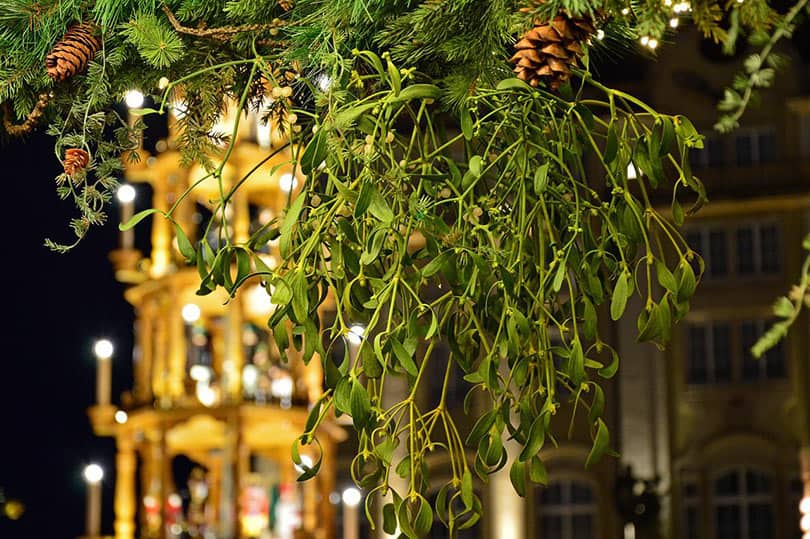
Poinsettias
Poinsettia is not considered highly toxic if ingested. However, ingesting its milky sap can induce nausea, excessive salivation, and vomiting. If ingested in large quantities, there is also a risk of intestinal obstruction.
Holly
All parts of the holly (stem, leaves, fruits, etc.) can cause gastric disorders if ingested, including nausea, excessive salivation, vomiting, and diarrhea.
Amaryllis
Ingestion of the flower or leaves can induce negative digestive symptoms. Ingesting the bulb is particularly dangerous because in large quantities, it can cause weakness and convulsions, as well as changes in blood pressure.
Bottom Line
In short, if you decide to decorate your home with one or more of these plants, place them in safe places where your dog will not have access. Even the Christmas cactus should be placed on a high table to avoid any risk of swallowing and possible gastrointestinal problems.
Either way, keep the Pet Poison Helpline ((855) 764-7661) and ASPCA Poison Control (1-888-426-443) phone numbers handy. If your dog does ingest a poisonous plant, you can contact these centers immediately so they tell you what to do.
Featured Image Credit: Pixabay
